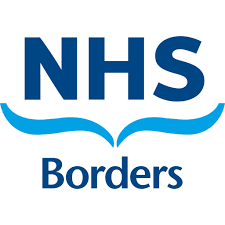Severe hypoglycaemia - patient unconscious/fitting or very aggressive or nil by mouth (NBM)
- Check ABC, stop IV insulin, contact doctor immediately
- Give IV glucose over 10-15 minutes as 75 ml glucose 20% or 150ml glucose 10% or 1mg glucagon IM
- Re-check glucose after 10 - 15 minutes and if still less than 4mmol/L, repeat treatment
Once blood glucose level is above 4mmol/L
- Give 20g of long acting carbohydrate. For example:
- 2 biscuits
- slice of bread
- 200-300ml milk
- next meal containing carbohydrate
- Give 40g of long acting carbohydrate if IM glucagon has been used. For example:
- 4 biscuits
- 2 slices of bread
- 400-600ml milk
- next meal containing carbohydrate
- Do not repeat glucagon if it is ineffective - glucagon may take up to 15 minutes to work and may be ineffective in undernourished patients, in severe liver disease and in repeated hypoglycaemia
- Do not use in oral hypoglycaemic agent induced hypoglycaemia
For patients with enteral feeding tube
- Give 50-70ml Glucojuice or Fortijuice
- Once glucose is greater than 4.0mmol/L restart feed /give bolus feed or start IV glucose 10% at 100ml/hr
If NBM, once glucose is greater than 4.0mmol/L give glucose 10% infusion at 100ml/hr until no longer NBM or reviewed by doctor
- Do not omit subsequent doses of insulin
- Review insulin/oral hypoglycaemic agent doses
- Contact the diabetes team if further education on hypoglycaemia is required
For further information refer to NHS Lothian Intranet - Healthcare - Diabetes Metabolic Unit Handbook.
 treat as an emergency regardless of level of consciousness
treat as an emergency regardless of level of consciousness

